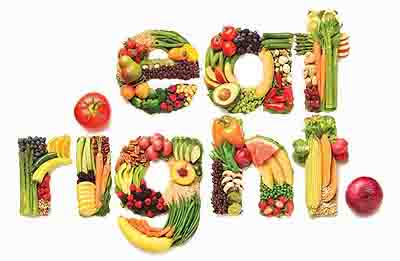
4. USDA Dietary Guidelines Published
![]()
 An expert panel has released its new US recommendations for healthy eating and supports a pattern that promotes health and prevents disease.
The recommendations include advice such as focusing on the consumption of fruit, vegetables, whole grains, low- or nonfat dairy, seafood, legumes, and nuts and limiting the consumption of red and processed meat, added sugars, and refined grains.
An expert panel has released its new US recommendations for healthy eating and supports a pattern that promotes health and prevents disease.
The recommendations include advice such as focusing on the consumption of fruit, vegetables, whole grains, low- or nonfat dairy, seafood, legumes, and nuts and limiting the consumption of red and processed meat, added sugars, and refined grains.
- No limit on amount of dietary cholesterol: In the 2010 dietary guidelines, the daily cholesterol target was set at less than 300 mg. The committee states that, dietary cholesterol is "not considered a nutrient of concern for overconsumption" and current evidence suggests there is "no appreciable relationship" between heart disease and dietary cholesterol.
- Caffeine is no longer considered an enemy of the people. In fact, the advisory committee says consuming three to five cups of coffee per day can be part of a healthy diet and that data to date suggest that coffee reduces the risk of type 2 diabetes and cardiovascular disease. This amounts to approximately 400 mg of caffeine per day. The consumption of added sugar, fatty milk, or rich creams with the coffee, though, is not advised.
- Sodium recommendation: As part of the dietary recommendations, the goal is for individuals to cut sodium from their daily diet to get daily intake down to 2300 mg per day. The advisory committee no longer recommends a daily target of 1500 mg for any individuals, even those with hypertension, diabetes, or chronic kidney disease.
- The committee also recommends consuming no more than 10% of daily calories from saturated fat.
- Sugar recommendations: no more than 10% of calories come from added sugar. This amounts to just 12 teaspoons of sugar per day.
Read More
For enquiries info@jothydev.net.
Please visit: jothydev.net | research.jothydev.com | diabscreenkerala.net | jothydev.com/newsletter
